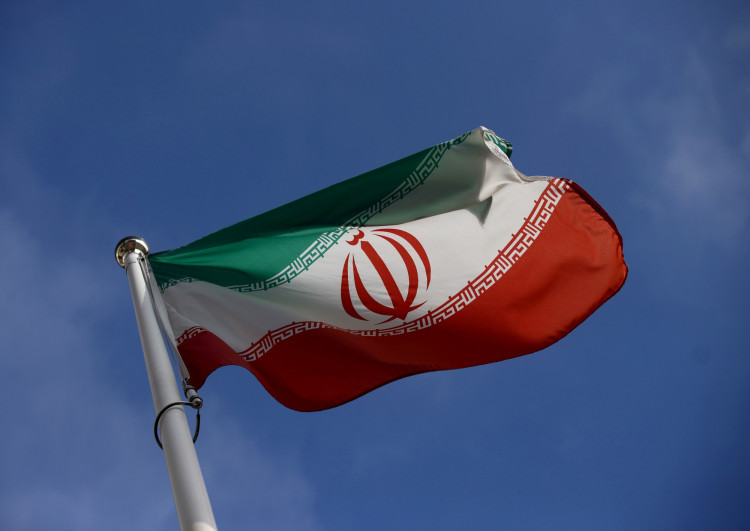Amidst the escalating tensions in the Middle East, Pakistan has vehemently condemned a recent Iranian airstrike within its borders that resulted in the tragic deaths of two children. This incident marks a significant spike in regional hostilities, highlighting the complex web of conflicts affecting the area.
The airstrike, orchestrated by Iran using "precision missile and drone strikes," targeted the Sunni militant group Jaish al-Adl (also known as Jaish al-Dhulm) in Pakistan's southwest Balochistan province. Iran's state-aligned Tasnim news agency reported that the operation aimed to dismantle two strongholds of the militant group in the Koh-e-Sabz area.
Pakistan's response was swift and sharp. The Foreign Ministry described the airstrike as an "unprovoked violation of its airspace" and warned of potential serious repercussions. The Ministry further stated that despite multiple communication channels between Pakistan and Iran, this illegal act raises significant concerns. In a televised address, Mumtaz Baloch, a spokesperson for Pakistan's Foreign Ministry, emphasized the gravity of the breach of sovereignty and hinted at Pakistan's right to retaliate.
In a move signaling the depth of its displeasure, Pakistan recalled its ambassador from Iran and put a hold on all high-level visits from Iranian officials.
On the other hand, Iran's Foreign Minister Hossein Amir-Abdollahian, addressing the World Economic Forum in Davos, Switzerland, maintained that the strike solely targeted Iranian terrorists on Pakistani soil. He reiterated Iran's respect for Pakistan's sovereignty but emphasized Iran's stance on not allowing its national security to be compromised.
The Iranian strikes come in the wake of a larger context of regional unrest. Just a day prior, Iran launched missiles in northern Iraq and Syria, targeting what it claimed was a spy base for Israel's Mossad in Erbil, and "anti-Iran terror groups" in Syria. These actions are part of Iran's response to what it perceives as Israeli aggression, including attacks that resulted in the deaths of Iranian Revolutionary Guard commanders. The Iranian government defended these strikes as necessary operations to deter security threats.
Pakistan's condemnation and the Iranian response underline the heightened tensions across the region. The ongoing war in Gaza, initiated by Israel in response to Hamas' October 7 terror attacks, has already claimed over 24,000 lives, according to the Hamas-run Ministry of Health. The conflict has not only caused widespread devastation in Gaza but has also escalated hostilities throughout the Middle East, with Iran's allies and proxies intensifying attacks on Israeli forces and its allies.
The U.S., a staunch supporter of Israel, has also been actively involved, launching strikes against Houthi targets in Yemen, targeting anti-ship ballistic missiles controlled by the Iran-backed rebel group. These strikes, which are part of the broader conflict dynamics, further complicate the situation in the Middle East and indicate a potential for the war to widen into a full-scale regional conflict with dire humanitarian, political, and economic consequences.
As the situation continues to develop, the international community is closely monitoring the unfolding events, with concerns mounting over the potential for further escalation and the impact on global stability.




